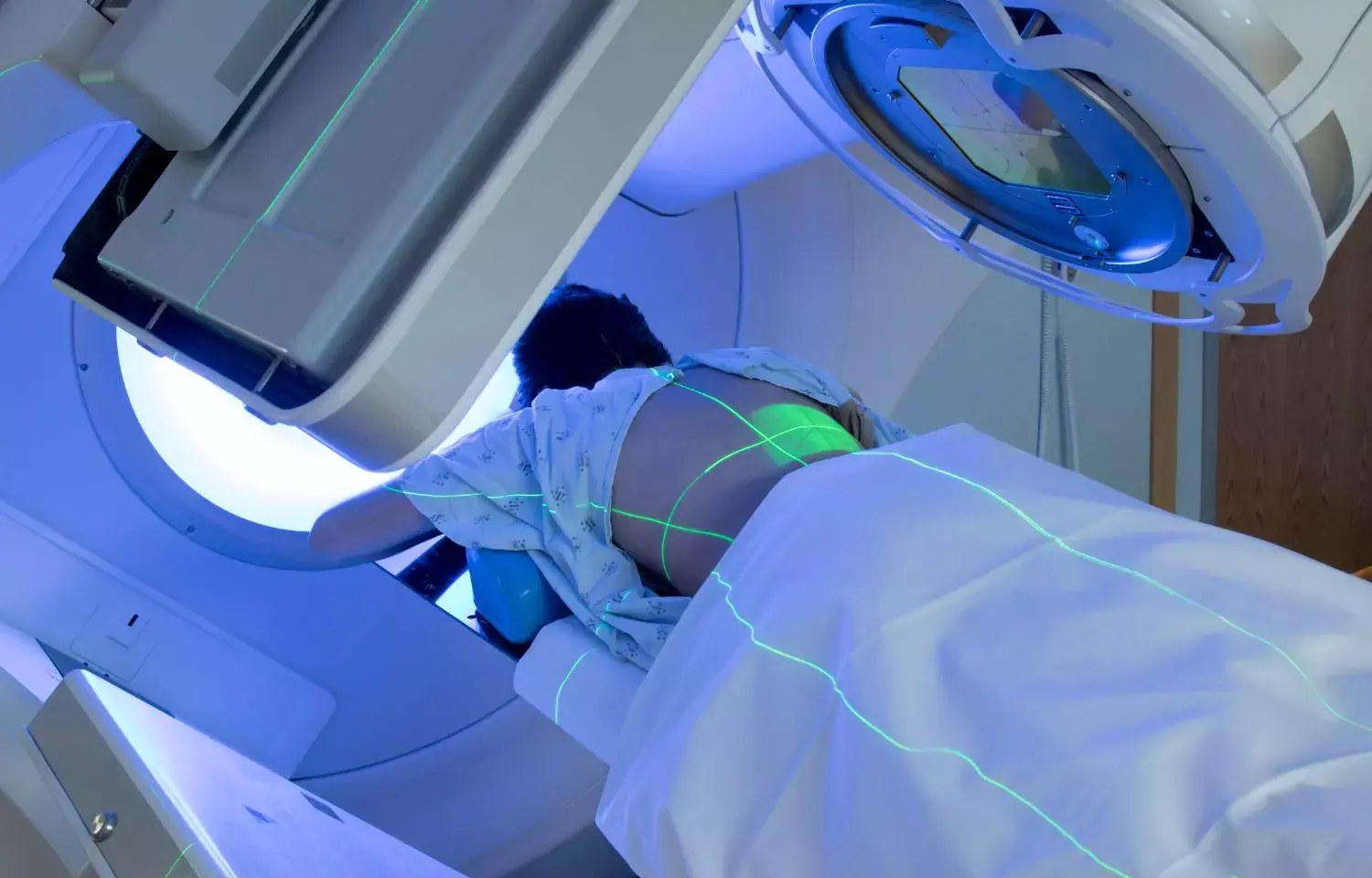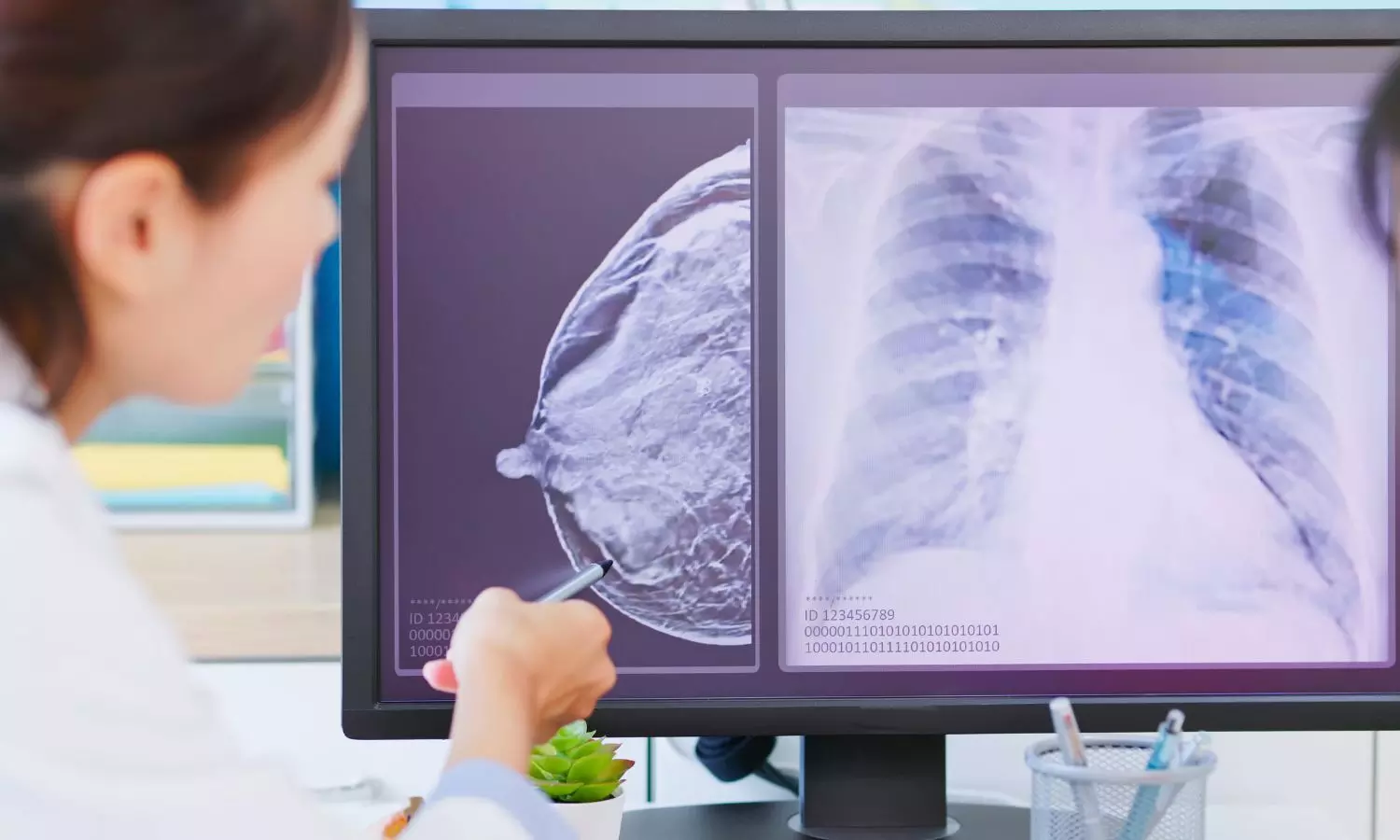- Home
- Medical news & Guidelines
- Anesthesiology
- Cardiology and CTVS
- Critical Care
- Dentistry
- Dermatology
- Diabetes and Endocrinology
- ENT
- Gastroenterology
- Medicine
- Nephrology
- Neurology
- Obstretics-Gynaecology
- Oncology
- Ophthalmology
- Orthopaedics
- Pediatrics-Neonatology
- Psychiatry
- Pulmonology
- Radiology
- Surgery
- Urology
- Laboratory Medicine
- Diet
- Nursing
- Paramedical
- Physiotherapy
- Health news
- Fact Check
- Bone Health Fact Check
- Brain Health Fact Check
- Cancer Related Fact Check
- Child Care Fact Check
- Dental and oral health fact check
- Diabetes and metabolic health fact check
- Diet and Nutrition Fact Check
- Eye and ENT Care Fact Check
- Fitness fact check
- Gut health fact check
- Heart health fact check
- Kidney health fact check
- Medical education fact check
- Men's health fact check
- Respiratory fact check
- Skin and hair care fact check
- Vaccine and Immunization fact check
- Women's health fact check
- AYUSH
- State News
- Andaman and Nicobar Islands
- Andhra Pradesh
- Arunachal Pradesh
- Assam
- Bihar
- Chandigarh
- Chattisgarh
- Dadra and Nagar Haveli
- Daman and Diu
- Delhi
- Goa
- Gujarat
- Haryana
- Himachal Pradesh
- Jammu & Kashmir
- Jharkhand
- Karnataka
- Kerala
- Ladakh
- Lakshadweep
- Madhya Pradesh
- Maharashtra
- Manipur
- Meghalaya
- Mizoram
- Nagaland
- Odisha
- Puducherry
- Punjab
- Rajasthan
- Sikkim
- Tamil Nadu
- Telangana
- Tripura
- Uttar Pradesh
- Uttrakhand
- West Bengal
- Medical Education
- Industry
Bacterial Decolonization beneficial for acute radiation dermatitis

New Research found that bacterial decolonization is safe and more efficacious for reducing the effect of acute radiation dermatitis than the standard of care in patients undergoing treatment for cancer. The study results were published in the journal JAMA Oncology.
Radiation therapy (RT) following breast-conserving cancer surgery lowers cancer-related mortality and recurrence. But acute radiation dermatitis (ARD) within weeks after starting radiotherapy like severe skin erythema, dryness, moist or dry desquamation, and/or ulceration, may interrupt radiotherapy. Literature shows that bacterial decolonization (BD) decreases the severity of acute radiation dermatitis (ARD) for patients with cancer receiving radiation therapy compared with standard of care. Hence researchers from Albert Einstein College of Medicine, Bronx, New York conducted a randomized clinical trial to determine the efficacy of bacterial decolonization (BD) on ARD severity compared with standard of care.
A phase 2/3 randomized clinical trial was conducted from June 2019 to August 2021 with investigator blinding at an urban academic cancer center by enrolling patients with breast cancer or head and neck cancer receiving radiation therapy (RT) with curative intent. Nearly 123 patients were assessed for eligibility via convenience sampling, 3 were excluded, and 40 refused to participate. Interventions included intranasal mupirocin ointment twice a day along with chlorhexidine body cleanser once daily for 5 days before RT and repeated for 5 days every 2 weeks through RT. The primary outcome was the development of grade 2 or higher ARD with moist desquamation.
Key findings:
- About 80 patients volunteered for the trial.
- Of 77 patients with cancer, there were 75 patients with breast cancer [97.4%] and 2 patients with head and neck cancer [2.6%] completed RT.
- Among these 39 were randomly assigned BC, and 38 were randomly assigned standard of care; the mean (SD) age of the patients was 59.9 (11.9) years, and 75 (97.4%) were female. Most patients were Black or Hispanic.
- Out of the total patients with breast and head and neck cancer, none of the 39 patients treated with BD, and about 9 of the 38 patients (23.7%) treated with standard of care developed ARD grade 2-MD or higher.
- Similar results were seen among the 75 patients with breast cancer.
- The mean (SD) ARD grade was significantly lower for patients treated with BD.
- Of the 39 patients randomly assigned to BD, 27 (69.2%) reported regimen adherence, and only 1 patient (2.5%) experienced an adverse event related to BD (ie, itch).
Thus, bacterial decolonization was found to be effective for ARD prophylaxis mainly for breast cancer patients.
Further reading: Kost Y, Deutsch A, Mieczkowska K, et al. Bacterial Decolonization for Prevention of Radiation Dermatitis: A Randomized Clinical Trial [published online ahead of print, 2023 May 4]. JAMA Oncol. 2023;10.1001/jamaoncol.2023.0444. doi: 10.1001/jamaoncol.2023.0444
BDS, MDS
Dr.Niharika Harsha B (BDS,MDS) completed her BDS from Govt Dental College, Hyderabad and MDS from Dr.NTR University of health sciences(Now Kaloji Rao University). She has 4 years of private dental practice and worked for 2 years as Consultant Oral Radiologist at a Dental Imaging Centre in Hyderabad. She worked as Research Assistant and scientific writer in the development of Oral Anti cancer screening device with her seniors. She has a deep intriguing wish in writing highly engaging, captivating and informative medical content for a wider audience. She can be contacted at editorial@medicaldialogues.in.
Dr Kamal Kant Kohli-MBBS, DTCD- a chest specialist with more than 30 years of practice and a flair for writing clinical articles, Dr Kamal Kant Kohli joined Medical Dialogues as a Chief Editor of Medical News. Besides writing articles, as an editor, he proofreads and verifies all the medical content published on Medical Dialogues including those coming from journals, studies,medical conferences,guidelines etc. Email: drkohli@medicaldialogues.in. Contact no. 011-43720751



